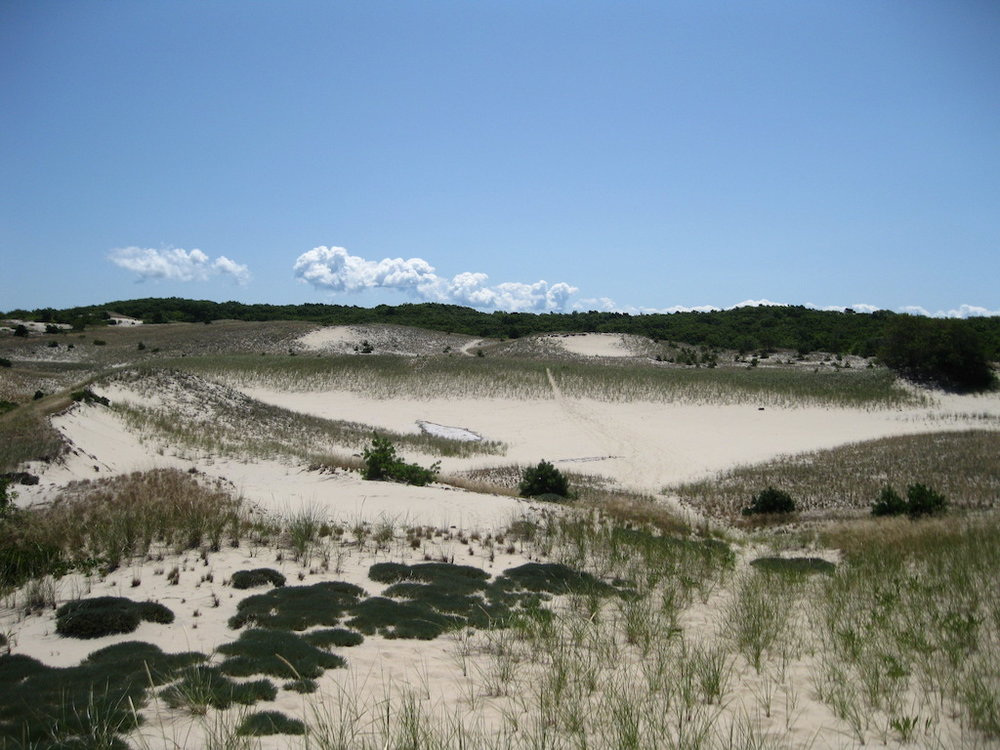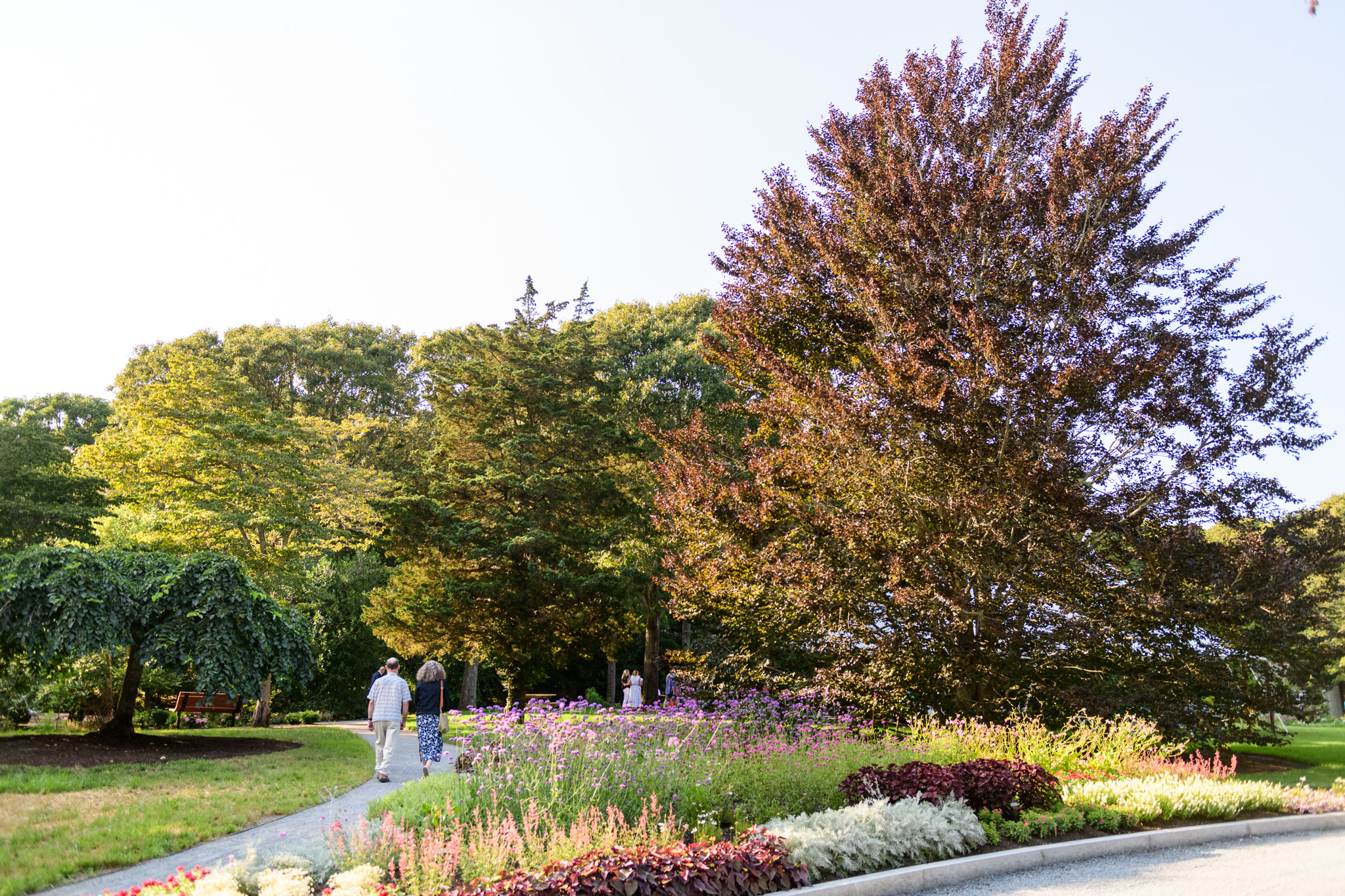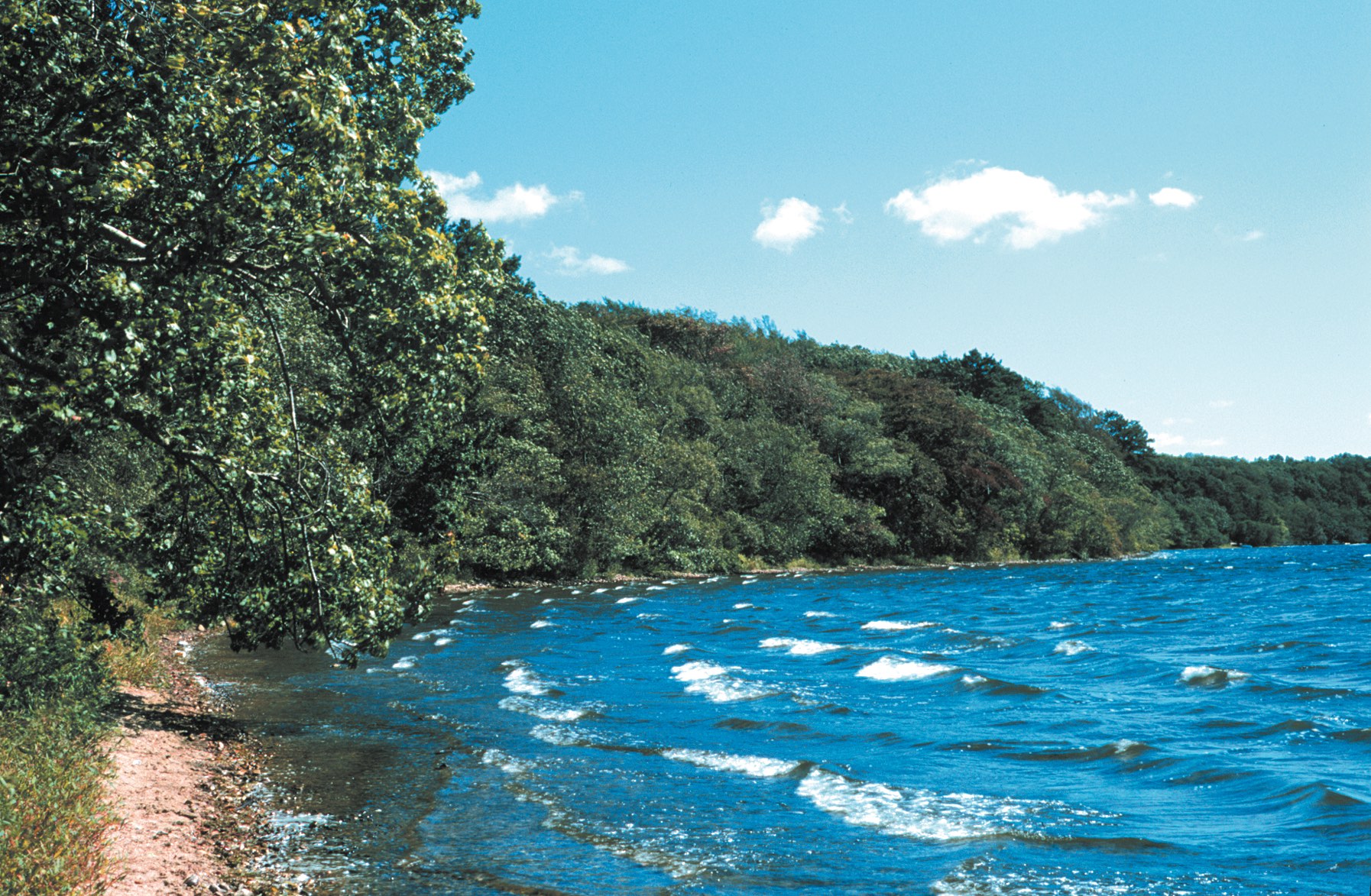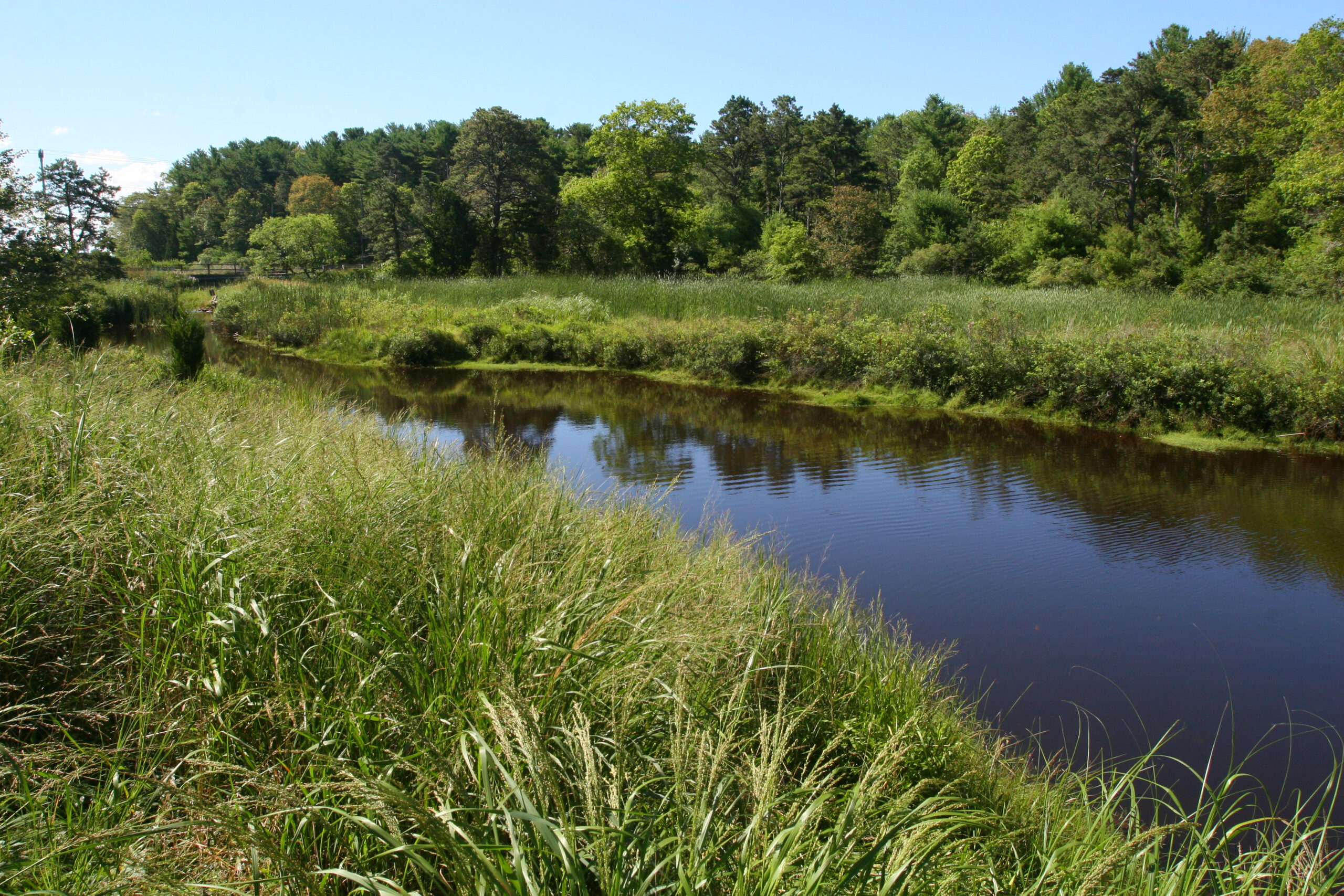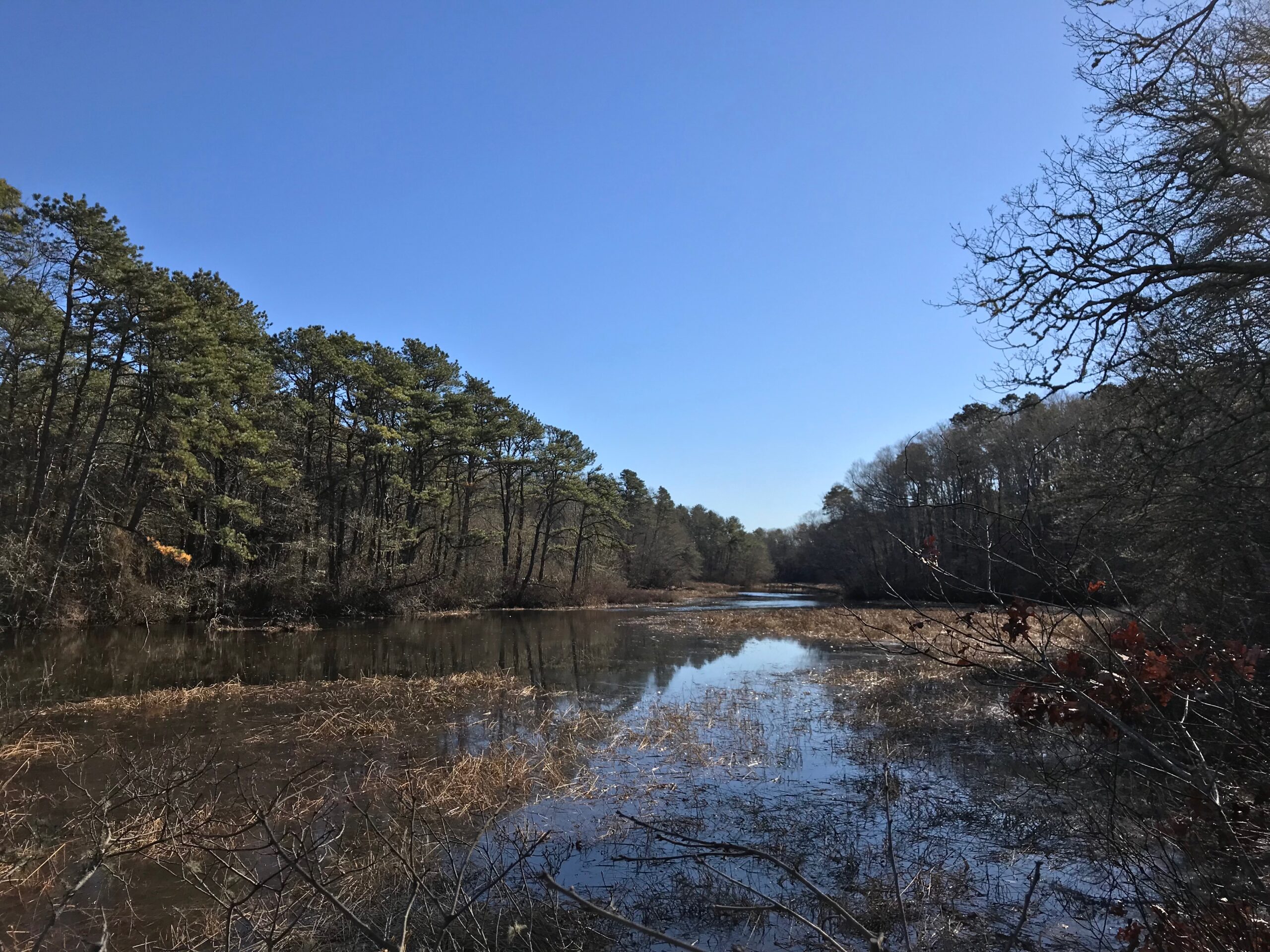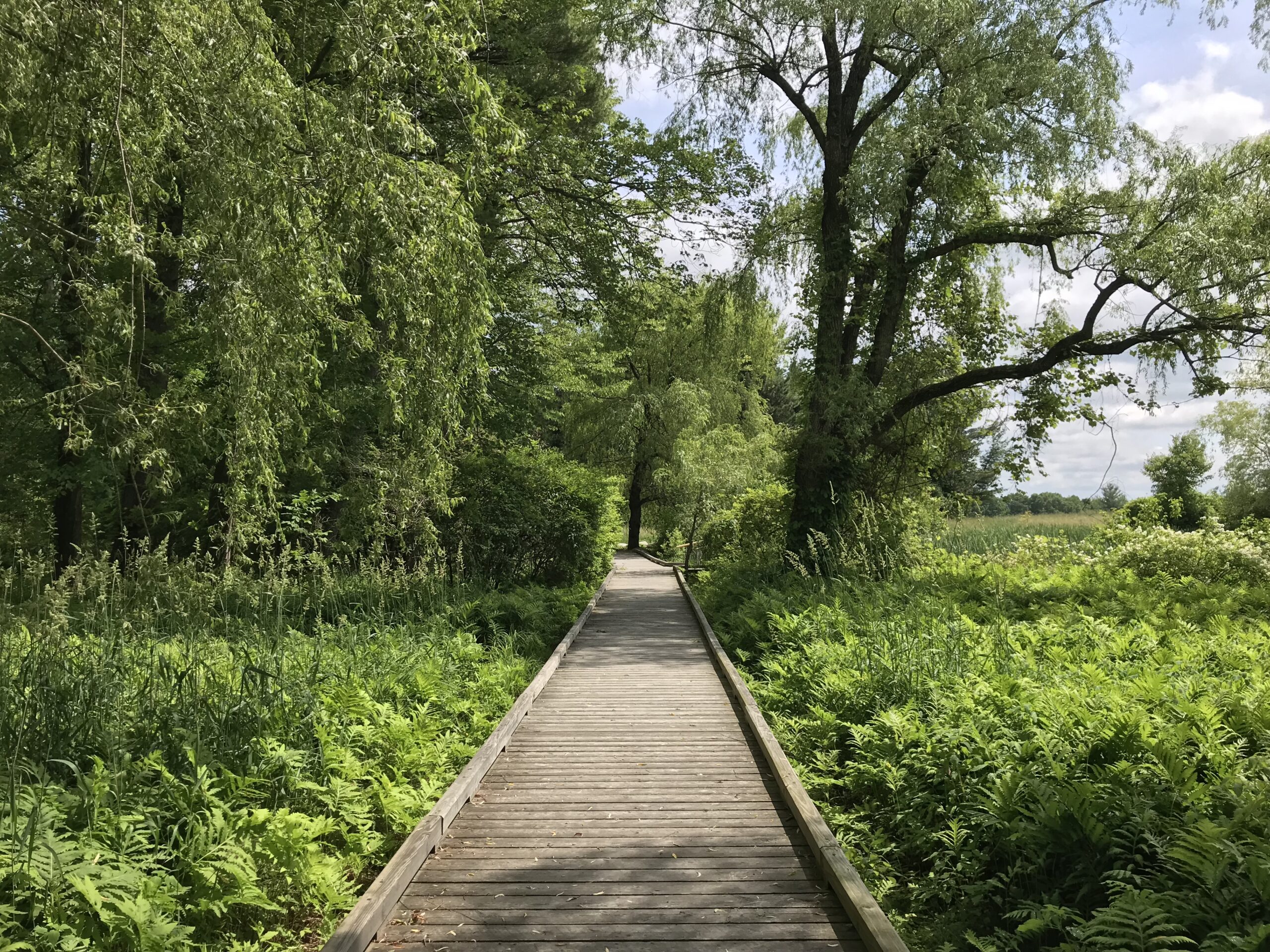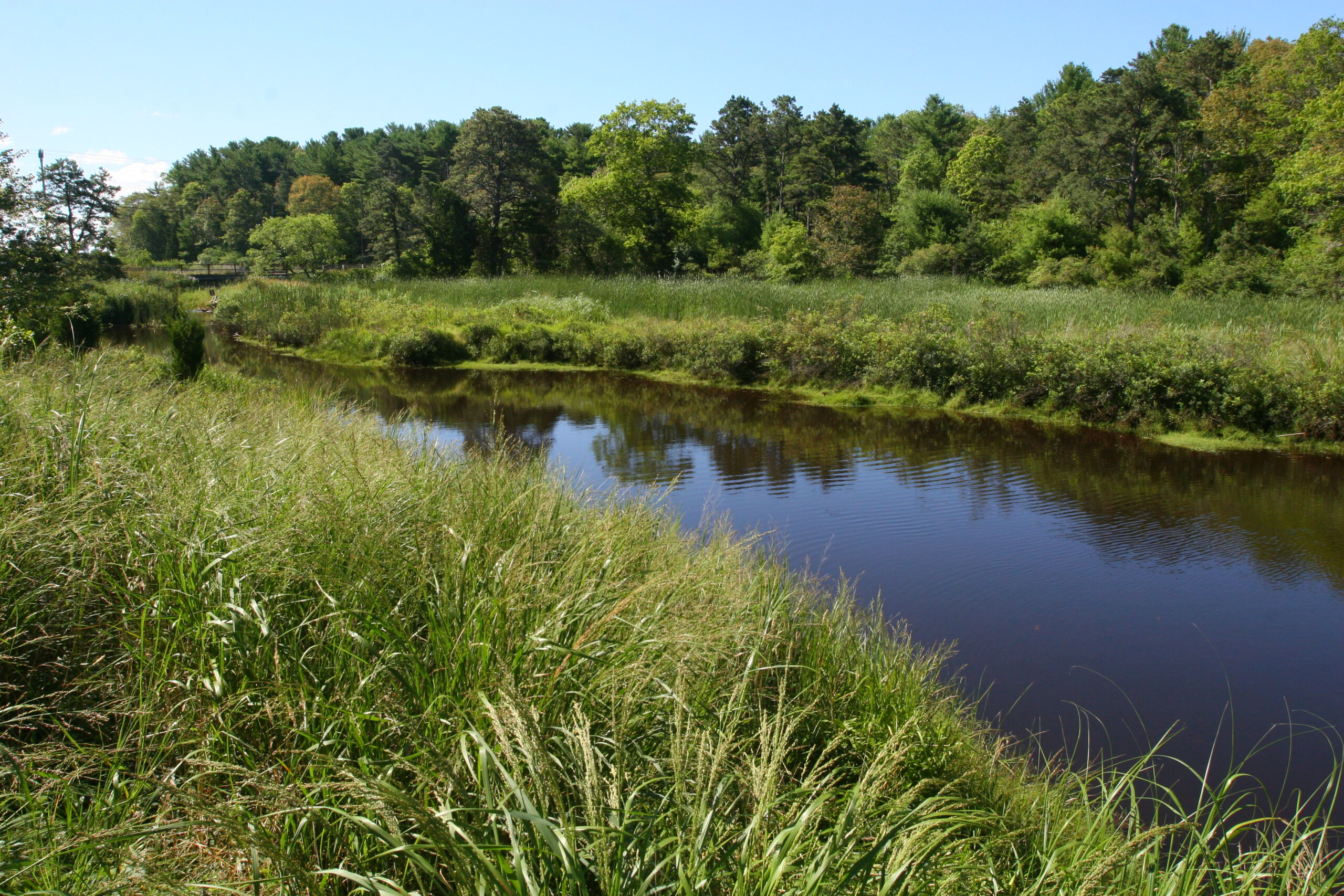We put together an itinerary showcasing a public garden oasis in Osterville, hiking trails in Mashpee, a family-friendly camping spot in Provincetown, and more.
WEEKEND OR DAY TRIP TO CAPE COD
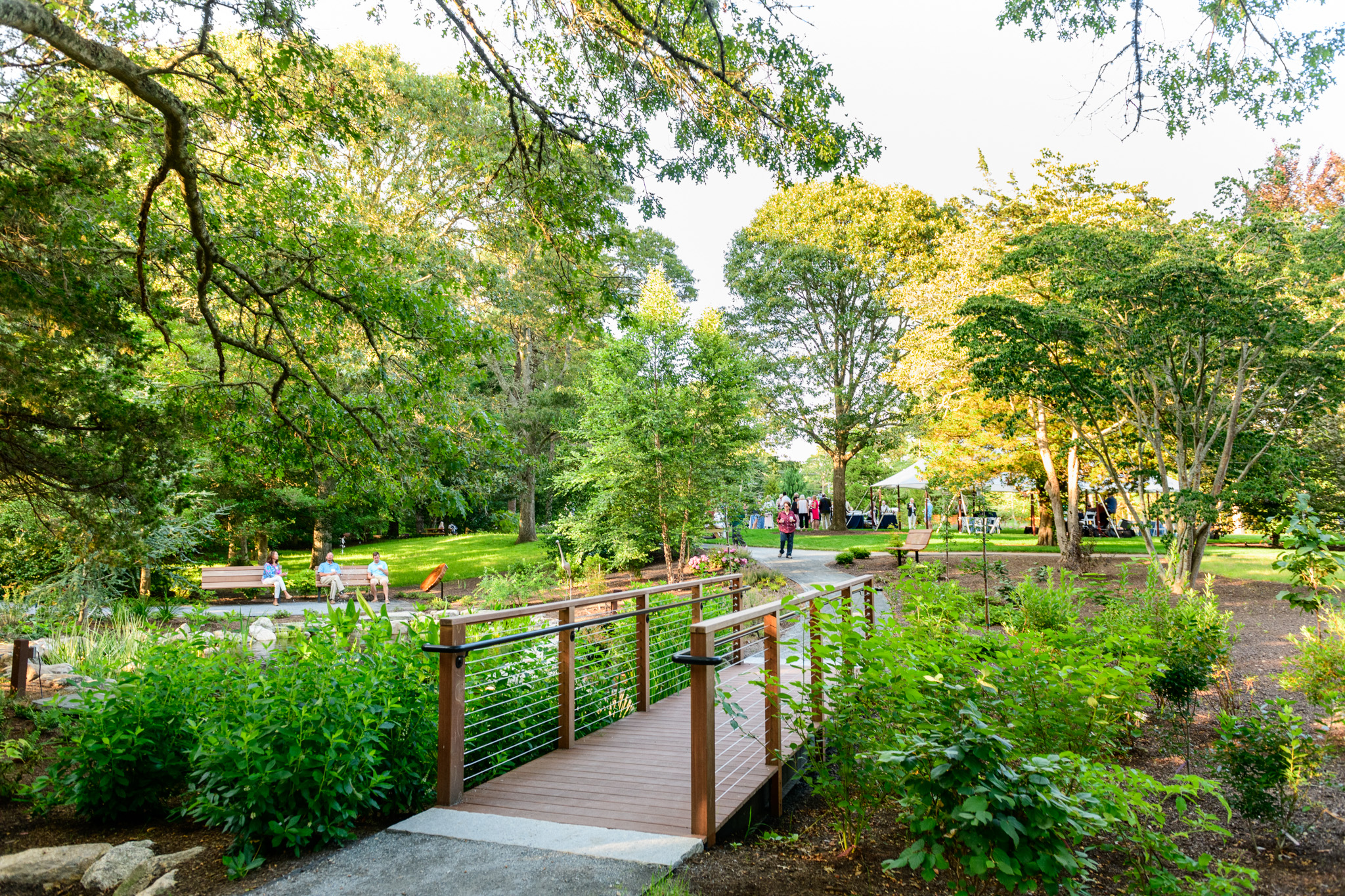
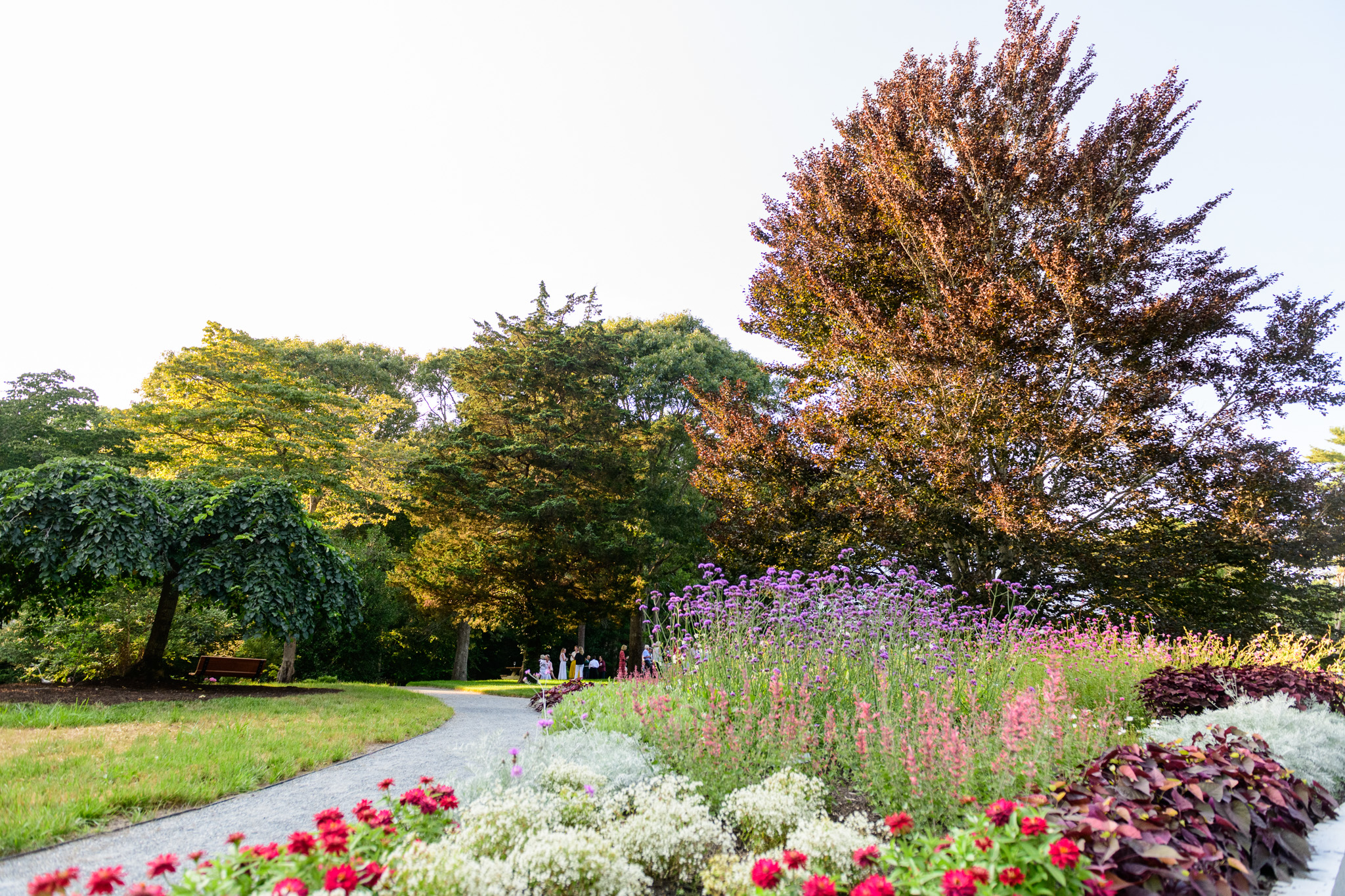
Armstrong Kelley Park in Osterville
Before Your Trip
If you are coming from out-of-town for your Cape trip, between May and September book your stay at Dunes’ Edge Campground in Provincetown. Journey down to beautiful P-town, and enjoy a quaint, family-friendly campground amidst the flowing sand dunes and sea-blown pines of Old Cape Cod. Whether you seek a Rustic Bungalow for the entire family, a convenient place for your RV, or a shady ridge to raise your Tent, there are plenty of affordable options for all types of campers. It is also minutes away from the Cape’s finest beaches, paved bicycle trails, golf courses, tennis courts, hiking trails, and Provincetown’s many restaurants and stores.
Day One
Armstrong-Kelley Park
Start your weekend at Armstrong-Kelley Park, the newest public garden in the Trustees’ portfolio. An 8.5-acre garden and woodland oasis in Osterville, Massachusetts, this treasured community resource is the organization’s 12th public garden.
Enjoy seven trails through the woodlands, spot more than two dozen rare species of trees and hundreds of rhododendron and azalea plants and enjoy the expanded John Folk Water Garden complete with sculptures and a fishpond. Picnic tables and benches are scattered throughout. If you are travelling with kids, the newly renovated Children’s Garden has reopened. Play on Liam’s Train and explore all it has to offer!
Mashpee River Reservation
After enjoying the beauty of Armstrong-Kelley Park, continue your trip to the Upper Cape with a visit to Mashpee River Reservation. Pristine shoreline, natural spawning areas, and excellent water quality make the Mashpee River one of Massachusetts’ finest sources of rare, sea-run brook trout. Since at least 1915, spirited conservation efforts have protected this tidal river, which begins at Mashpee/Wakeby Pond and empties into Pirate’s Cove on Popponesset Bay.
Two miles of trails wind through the reservation, in addition to trails on the property of other conservation organizations and state and local governments. For a great hike, from the Mashpee River Woodlands parking area on Quinaquisset Ave. follow the trail down to the river. Cross the Mashpee River on the “Great Bridge,” the old Route 28 layout, and follow the scenic old River Road down to Mashpee Woodlands West.
To explore restored pine barrens, access the small lot on Old Barnstable Road and hike the Cottontail Loop; this trail makes use of fire breaks to bring visitors through a unique and rare habitat type. Park at the intersection of Asher’s Path and Meetinghouse Roads to explore quiet single-track trails along the Mashpee River. And if you want to experience the river by paddle, there is a canoe/kayak takeout at the old Farley Camp.
Lowell Holly
Continue the fun in Mashpee by heading over to Lowell Holly. This 135-acre reservation is named for its donor, Abbott Lawrence Lowell, and its stands of some 250 native American holly trees (Ilex opaca), which grow naturally only along the New England coast.
While the reservation is a rare example of a Cape Cod old-growth forest, it also reflects the horticultural tastes of Lowell, former president of Harvard University, who added scattered plantings of rosebay and catawba rhododendrons to the grounds. Later, Wilfred Wheeler, Sr., a former Massachusetts Secretary of Agriculture, and an enthusiastic member of the American Holly Society, enhanced the landscape by planting 50 varieties of American holly.
Carriage roads follow the shoreline of Mashpee and Wakeby Ponds—both ponds are stocked with fish—and pass through the peninsula’s beech woodlands. The ponds’ shallow waters provide an opportunity for cooling off when the mercury rises, and two peninsular knolls offer spectacular views.
For those on a Cape day trip in the summer, Lowell Holly has a swimming beach with no lifeguard on duty.
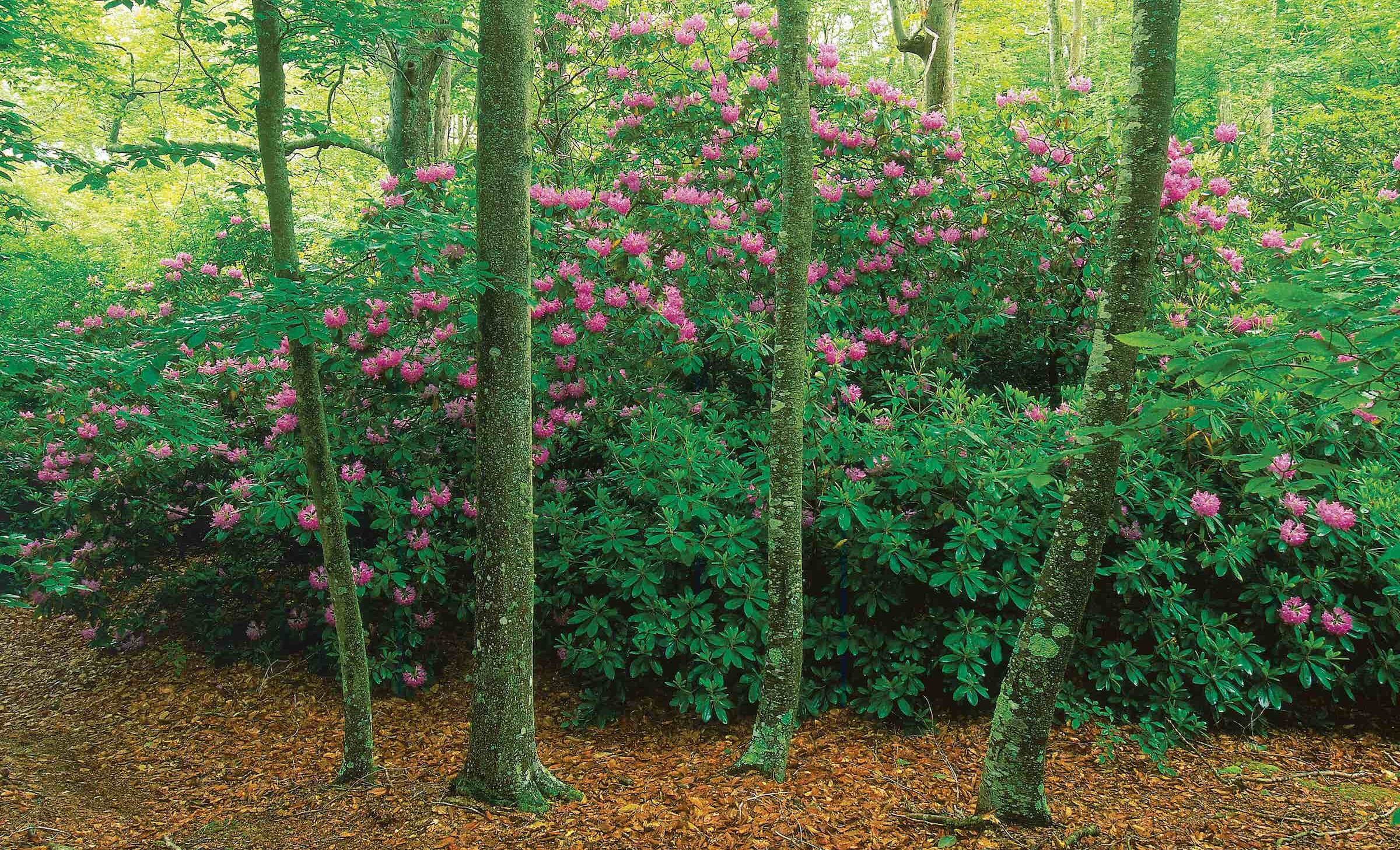
Rhododendrons at Lowell Holly; Photo Richard Cheek
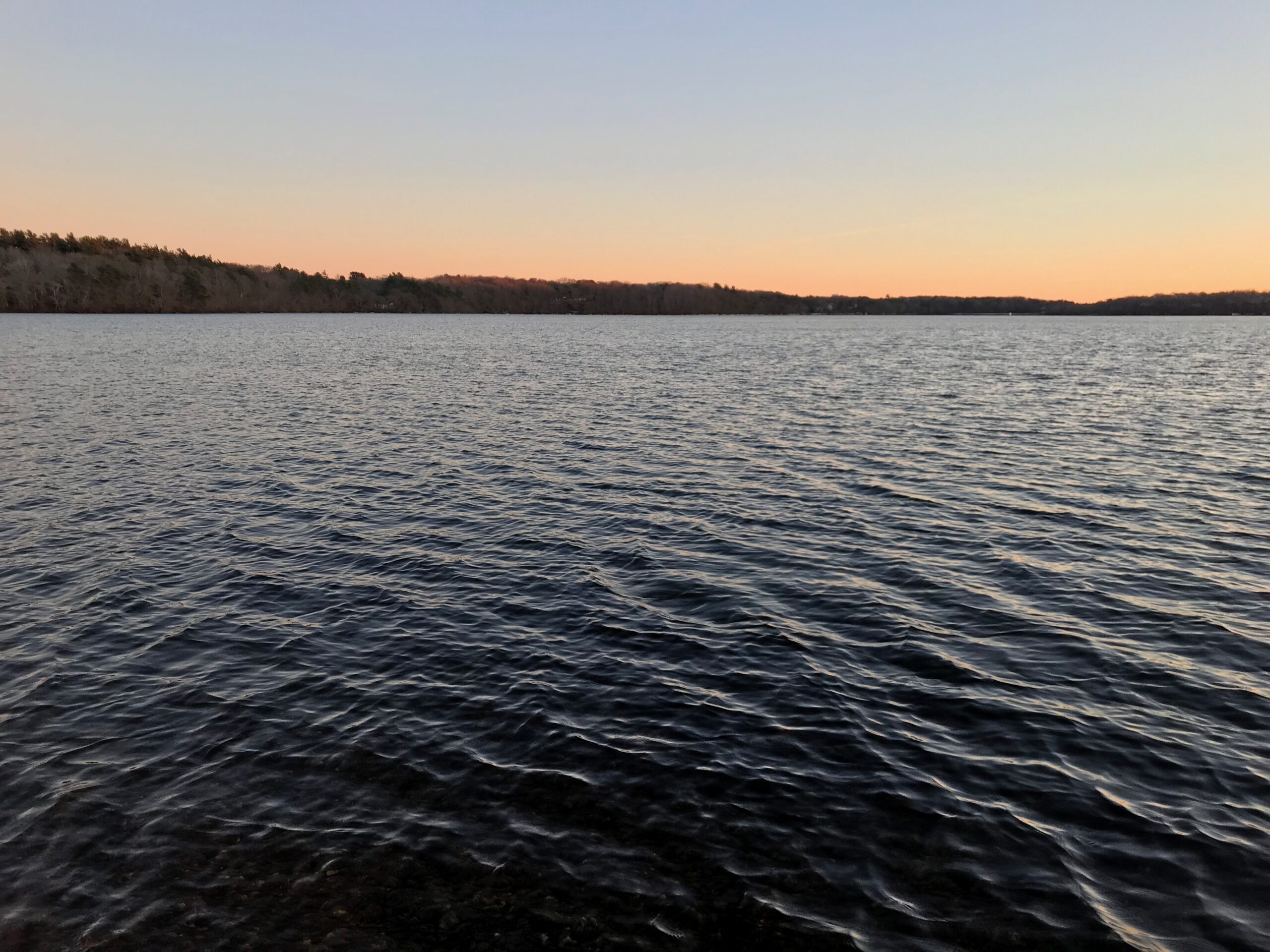
Lowell Holly Waterview; Photo Pete Marotta
Day Two
Lyman Reserve
As you prepare to head off Cape, ease the pain of bridge traffic by stopping on the other side at Lyman Reserve, in Bourne, Plymouth and Wareham. A stunning brook flows through picturesque Cape landscapes at this reservation, making it the perfect place to decompress and enjoy the natural wonders of the coast in Massachusetts.
Home to one of the last remaining native sea-run brook trout fisheries in the eastern United States, the Theodore Lyman Reserve sits at the mouth of Red Brook, a four-and-a-half-mile, spring-fed, cold-water stream that flows from White Island Pond to Buttermilk Bay. A scenic stretch of coastal shoreline offers views of Buttermilk Bay and the Cape Cod Canal vertical lift railroad bridge.
Grab a rod and cast a fly from the various old bridge and flume sites upstream and from the marsh near the mouth of Red Brook. (Please note that only catch-and-release fishing is allowed.) A short trail winds its way through freshwater wetlands, pine barrens, and sandy beach. A one-and-a-half-mile loop trail winds its way from the parking lot to Red Brook, inviting deeper exploration of the reserve’s freshwater wetlands, pine barrens, and sandy beach; a quarter-mile trail across Head of the Bay Road provides a scenic jaunt through maritime scrub oak and pine to the beach.
Once you have finished your visit, head to the many restaurants and shops on scenic Cranberry Highway. Enjoy last glimpses of the beauty of Cape Cod before returning home from your weekend in one of the most beautiful places Massachusetts has to offer.
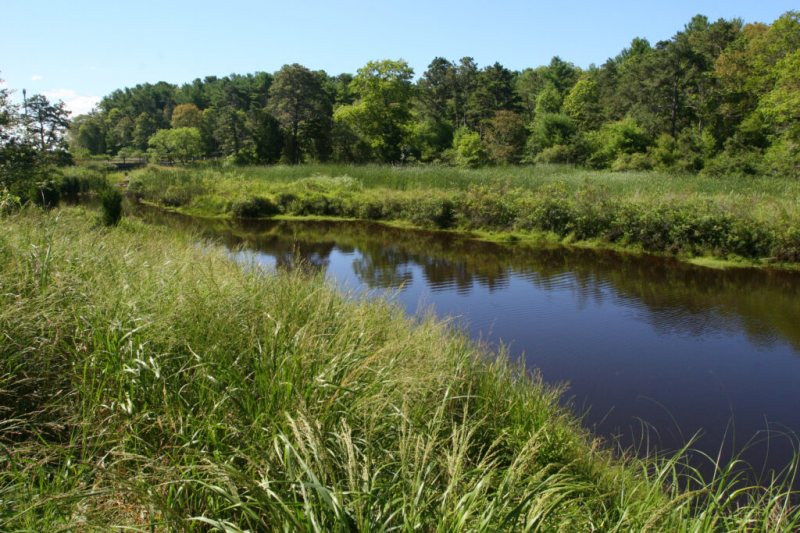
Lyman Reserve in Bourne, Plymouth and Wareham
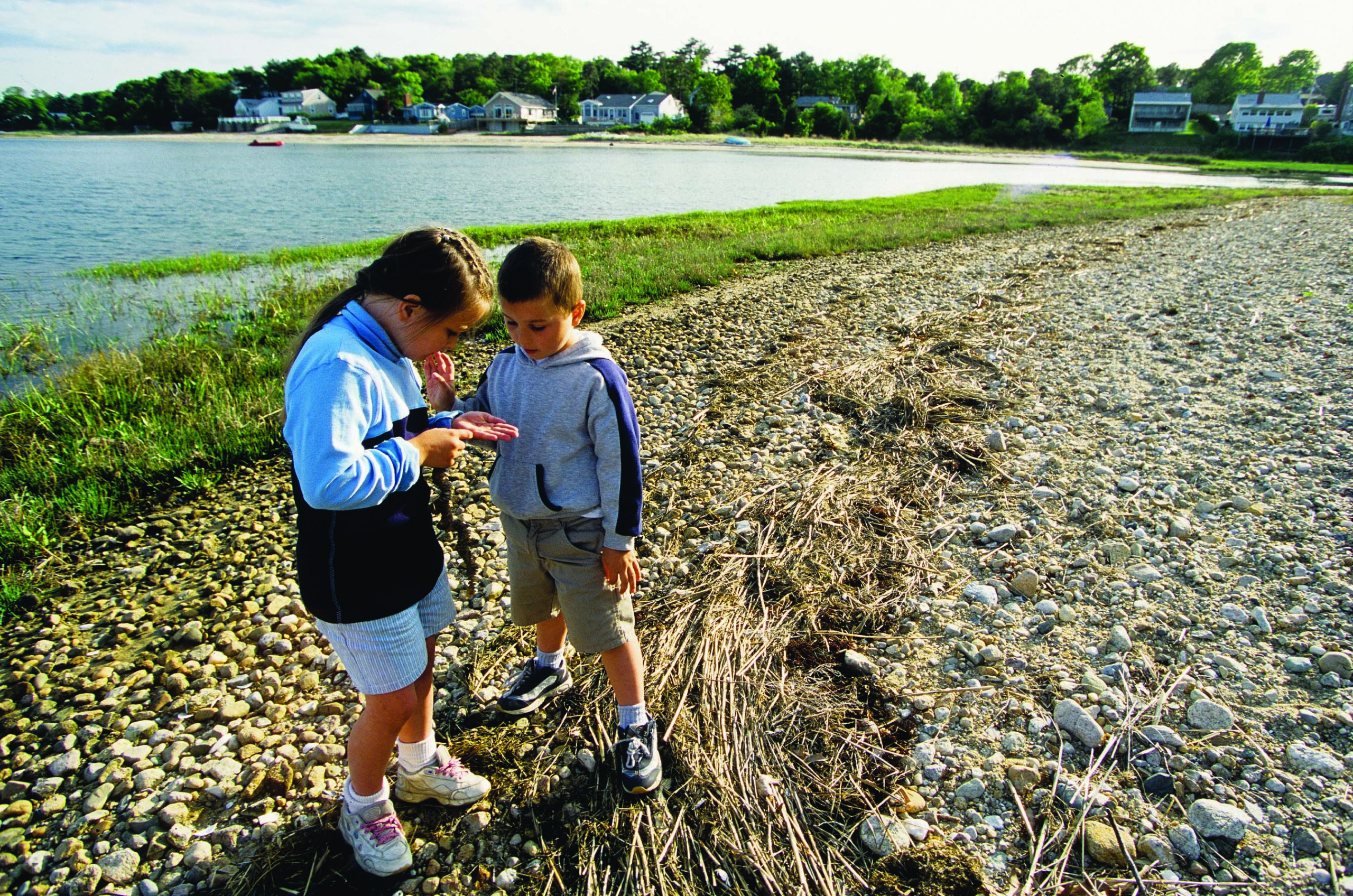
Lyman Reserve in Bourne, Plymouth and Wareham
